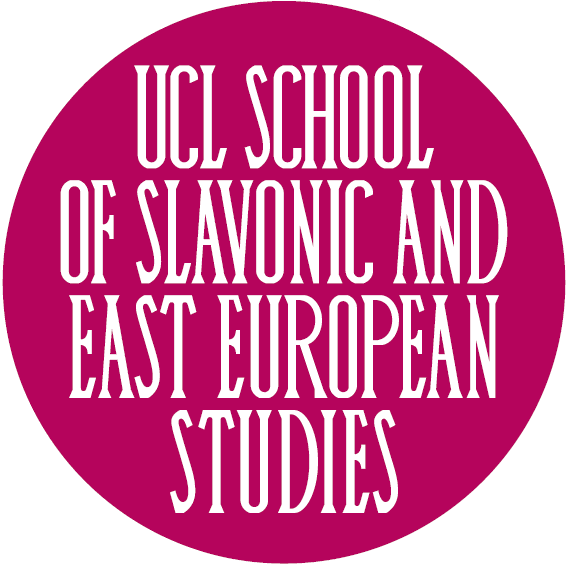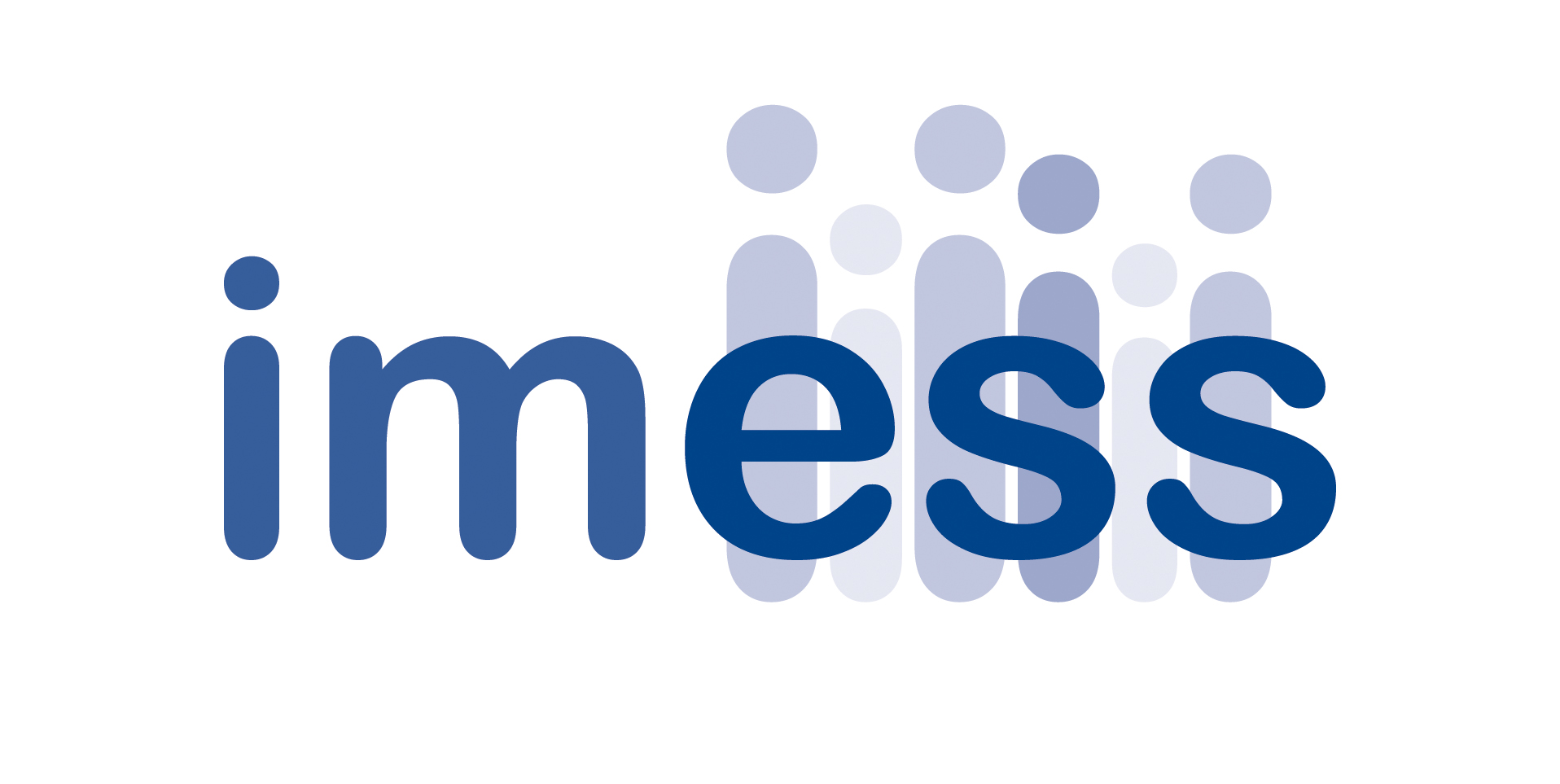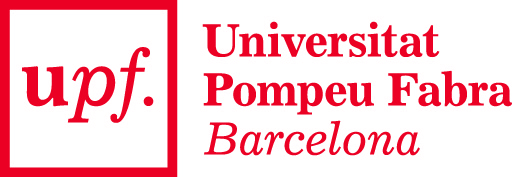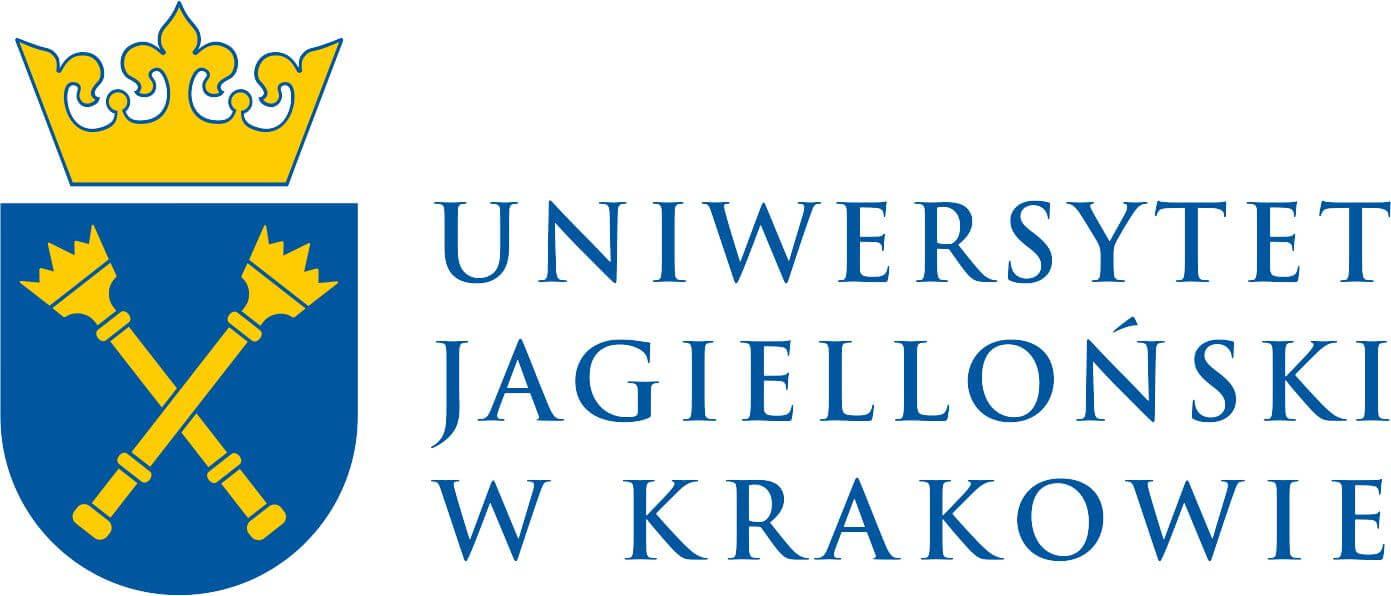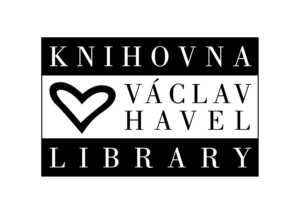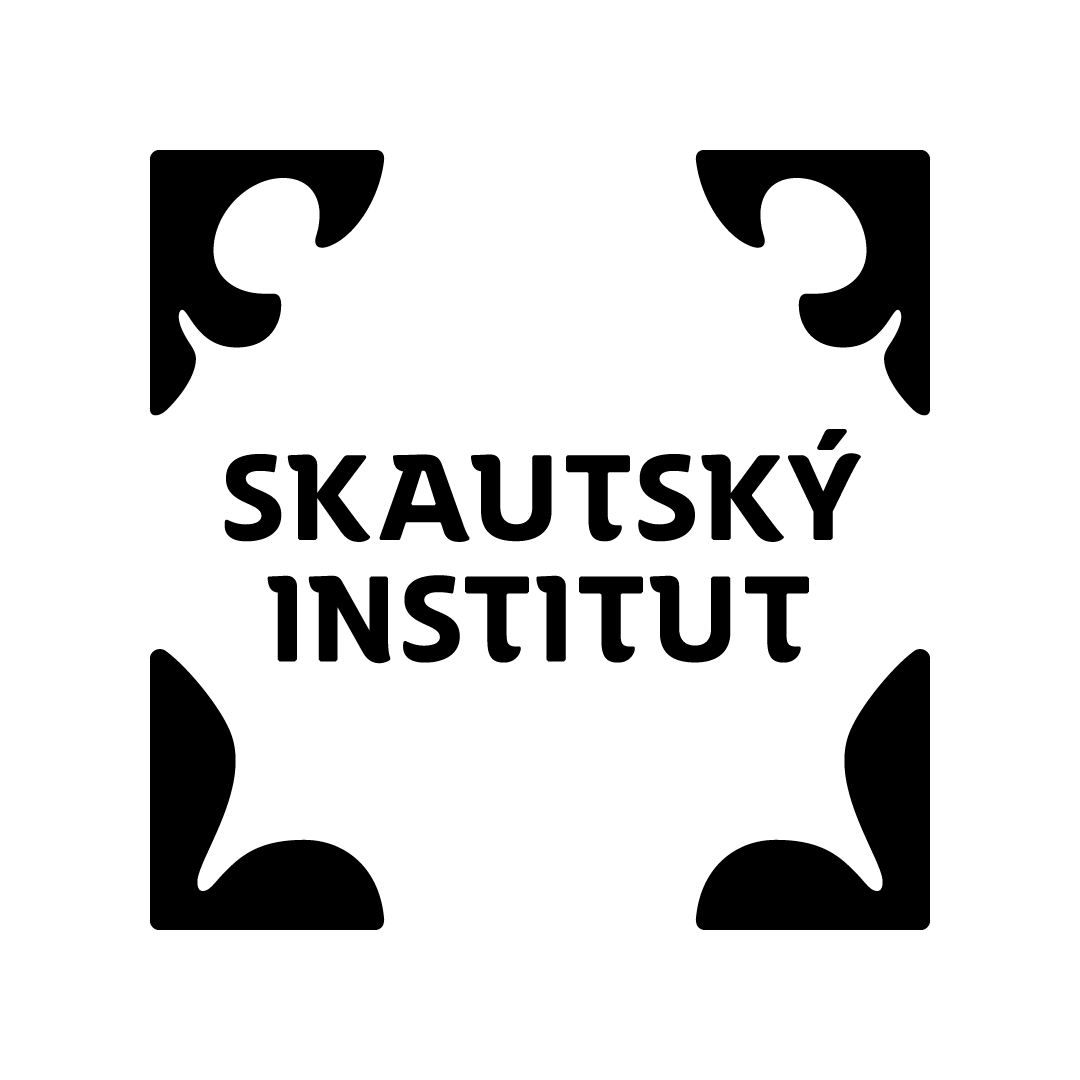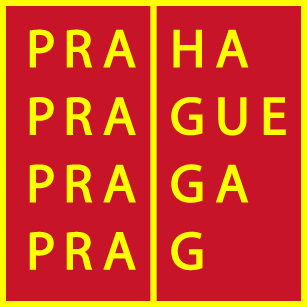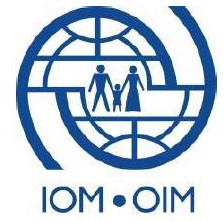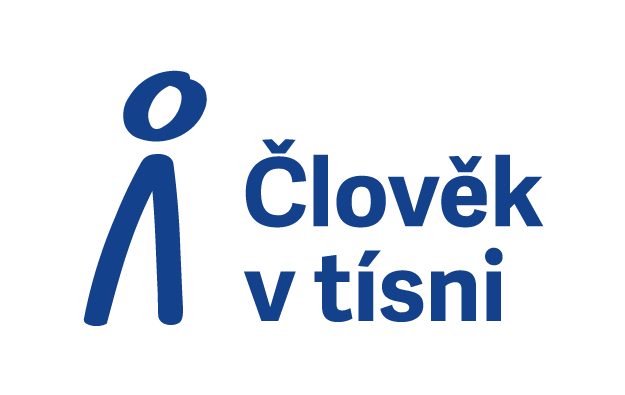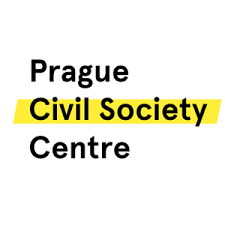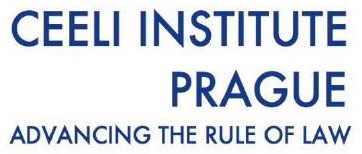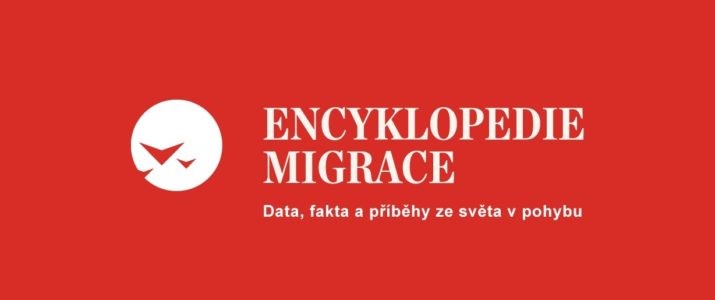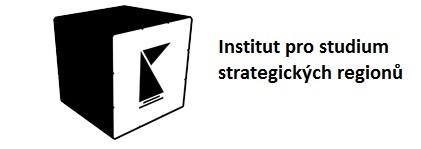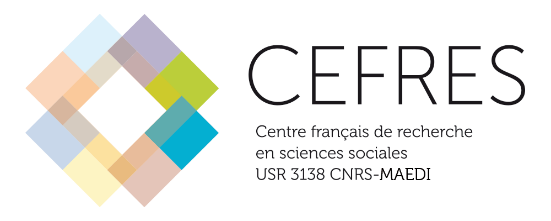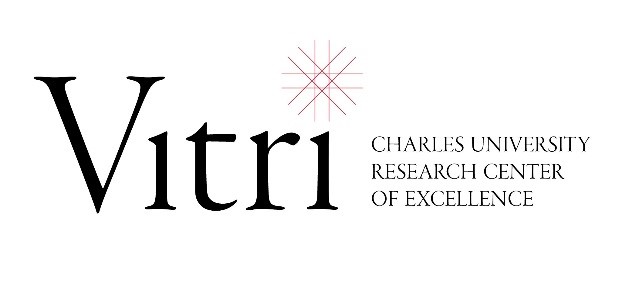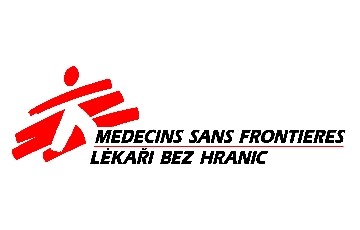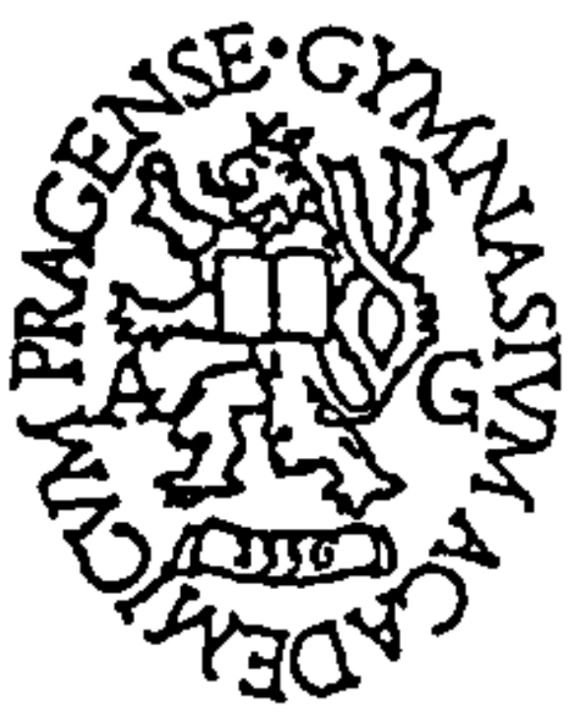Gender Perceptions of Nuclear Weapons Issues in India
Gender Perceptions of Nuclear Weapons Issues in India
Despite India’s rhetoric of global disarmament on the international stage, it continues to possess and modernize its nuclear arsenal boasting a triad status of air, land, and sea-based delivery systems. It currently possesses approximately 160 warheads (SPIRI Yearbook, 2022) and continues research and development of its weapons. India’s nuclear discourse is dominated by a security dilemma vis a vis its nuclear-armed neighbors China and Pakistan. domestic politics, its status as a post-colonial state, and non-signatory to the Nuclear Non-Proliferation Treaty.
This project aims to understand how India’s security elite view and understand nuclear weapons and to what extent this understanding is influenced by gender. This micro-level gender analysis offers an understanding of how nuclear weapons are discussed and understood by the people who influence decisions and conversations surrounding such weapons. This study draws on the study of micro-level phenomena like interactions, practices, and emotions, or in other words, micropolitics, which has emerged as a thriving research agenda in IR (Nair, 2021) Understanding this gender-coded language, assumptions, symbolism, and metaphors used by people who ‘speak’ the language of security reveals the way they understand nuclear weapons. A gender lens, i.e., understanding how ideas of masculinity and femininity are invoked while discussing nuclear weapons, enriches the ways in which we understand why states choose to arm themselves. A gender lens is an understudied theme in the Indian nuclear discourse despite such gendered (and non-Western) analysis gaining traction in literature in the nuclear field. It offers a critique of nuclear weapons possession in order to better understand why states choose to arm themselves, which in turn advances discourse on disarmament to achieve a nuclear weapons-free world. Furthermore, the study attempts to contribute to the growing body of post-colonial feminist voices as theorists and researchers that de centre Western/ Eurocentric perspectives, thus offering new perspectives into issues of nuclear weapons proliferation. The study envisions an ethnographic study at the Institute of Defense Analysis (IDSA), a leading think tank on security issues located in New Delhi, India.
Research team
The principal investigator is Mgr. Shreya Sharma, the project is led by Assoc. Prof. PhDr. Michal Smetana, Ph.D.
Donor
The project is funded by the Charles University Grant Agency.

Duration
The project is taking place from March 2024 to December 2026.


